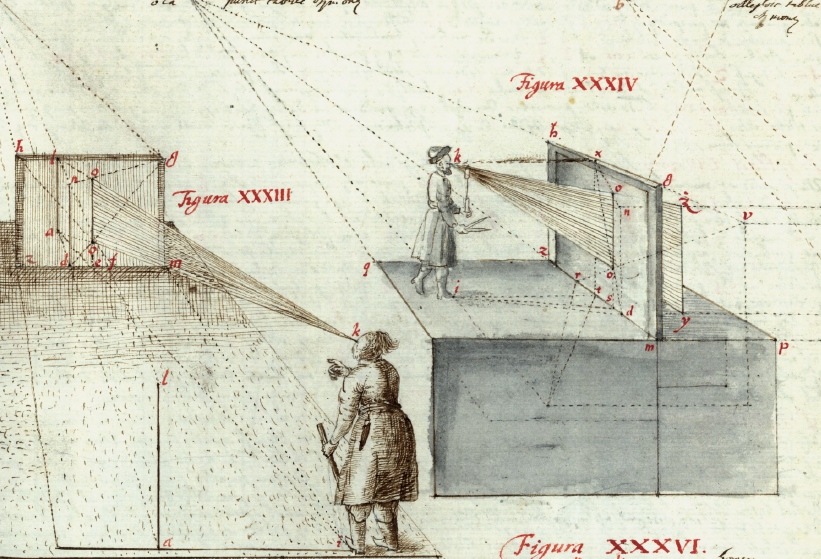Historia Veteris et Novi Testamenti – A Late Medieval Handbook on the Literal Sense of the Bible

The primary goal of this research project is to analyse Historia Veteris et Novi Testamenti, an excerpt from Historia scholastica by Peter Comestor (c. 1100–1179), to determine its relationship to the original work and to examine its reception by diocesan clergy, in monastic communities and secular circles, with a particular focus on its varied context-dependent functions. So far, the research has revealed 36 copies of the text transcribed from the late 13th century to the 1480s. Additional data on lost and destroyed copies, collected based on catalogues, inventories, and references in scholarly literature, have been used to create a comprehensive picture of the text’s transmission. A comparative analysis of the original is conducted with the aid of the following critical editions: for the Book of Genesis, the edition by Agneta Sylvan (Petri Comestoris Historia scolastica. Liber Genesis, ed. Agneta Sylvan, Turnhout: Brepols Publishers, 2005, Corpus Christianorum. Continuatio Mediaeualis CXCI), and for the remaining books – due to the absence of a modern critical edition – the Patrologia Latina edition (J.P. Migne, Patrologia Latina, vol. 198, cols. 1049–1722A). This approach enables an analysis of omitted, reworked, added, as well as unchanged passages in the excerpted version. Given the extensive nature of the analysed text, traditional philological editorial methods have been supplemented with statistical analysis. Comparing different manuscript copies and constructing a stemma codicum helps establish internal relationships between various versions and, more broadly, shed light on the reception of this work. This research project aims to systematize our knowledge of the source base of Historia Veteris et Novi Testamenti, clarify the text’s transmission – particularly throughout Polish lands – and open new avenues for studying the reception of Historia scholastica, medieval intellectual history, and the history of Biblical exegesis.
Project supervisor: Agnieszka Fabiańska
